From Cristiano Ronaldo versus Lionel Messi to Rafael Nadal versus Roger Federer, rivalries exist in every sport. Such fierce competition has also been present in racing for several decades.
While the late 1980s and early 1990s in Formula 1 were marked by the intense rivalry between Alain Prost and Ayrton Senna, at the beginning of 1994 things finally seemed to be calming down in the premier class. Prost had retired and title contenders Senna, Michael Schumacher and Damon Hill had great respect for each other.
This would change soon enough, however. When Senna was tragically killed at the third round of the season, it was Hill and Schumacher who found themselves in a tight title fight. The two titans met regularly on the track and the battle became increasingly fierce.
At the British Grand Prix, Schumacher overtook Hill during the formation lap which resulted in the disqualification of the German driver. Schumacher ignored the black flag and received a race ban for the next two events.
Later in the season, Schumacher openly saID that his British rival "was not a world-class driver." Tempers were heating up. After an eventful year, F1 descended on Adelaide, Australia, in November 1994 for the season finale. At that point, Schumacher was one point ahead of Hill in the championship.
Controversial finale
Hill's team-mate Nigel Mansell qualified on pole position. However, Mansell couldn't maintain his leading position for long as Schumacher took the lead at the very first corner.
Hill closed in on second place. The order held until lap 36, when Schumacher lost his Benetton car at the East Terrace corner and hit the wall. As Schumacher returned to the track, Hill tried to overtake him.
Schumacher did not yield to the Briton - he steered in, touched Hill's Williams car and dropped out. It seemed over for the German, who was forced to watch the race unfold nail-bitingly from behind the barriers. Hill hobbled to the pit lane in his damaged Williams car.
Once in the pits, Williams' mechanics judged that Hill couldn't continue his race. The front left suspension of his Williams FW14B was badly damaged and it would be irresponsible to send Hill back onto the track. Hill's failure allowed Schumacher to walk away with his first world title. A world title that had controversy surrounding it.
Viewed by others:
Post-race fallout
Many F1 fans blame Schumacher for the touch between the German and Hill. After an investigation, race stewards ruled that it was a racing incident and no action would be taken against Schumacher.
At the age of 25, Schumacher became the first German Formula 1 World Champion, albeit under highly controversial circumstances. In the years that followed, Schumacher maintained that the collision was a racing incident, a position that is received with much media cynicism.
Although Hill deliberately avoided getting involved in the fuss, he later explicitly accused Schumacher of deliberately driving into him. Formula 1 commentator Murray Walker insists that Schumacher did not intentionally cause the crash, while his fellow commentators - former F1 driver Jonathan Palmer and pit reporter Barry Sheene - both claim that Schumacher was indeed guilty.
Patrick Head of the Williams team stated years later to F1 Racing magazine that "Williams was already 100 per cent sure in 1994 that Michael was guilty of unsportsmanlike conduct," but did not protest Schumacher's title because the team was still dealing with Senna's death.
The British public also blames Schumacher; in 2003, the BBC held a search for "The Most Unsportsmanlike Moment in Formula 1," nominating the Adelaide incident. It remains to be seen if the ultimate truth comes out regarding the incident on November 13, 1994.
Don't miss out on any of the Formula 1 action thanks to this handy 2026 F1 calendar that can be easily loaded into your smartphone or PC.
Download the calenderMost read
In this article
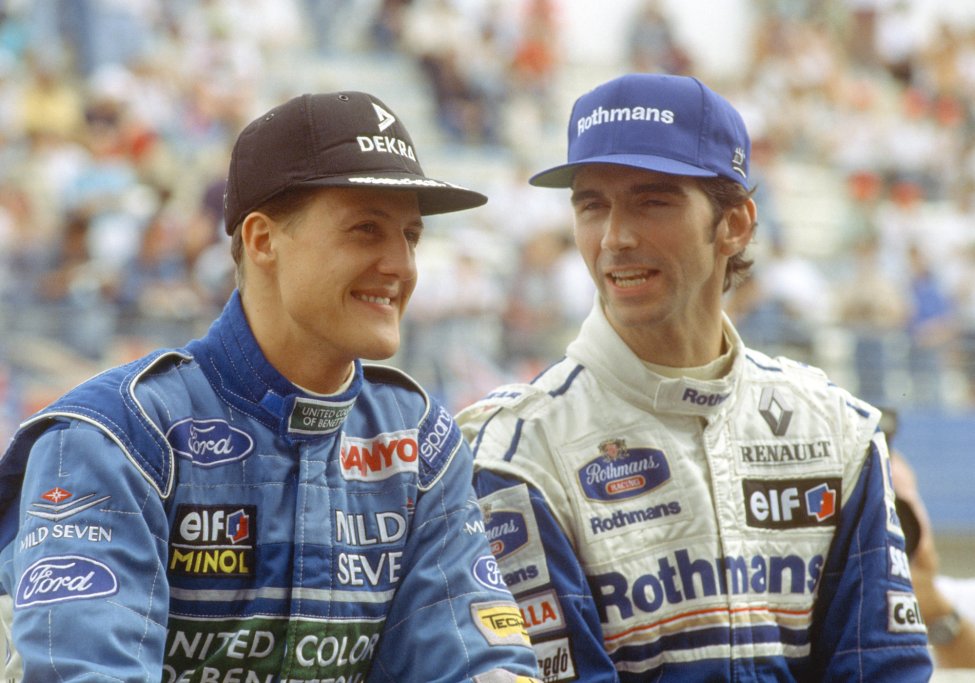
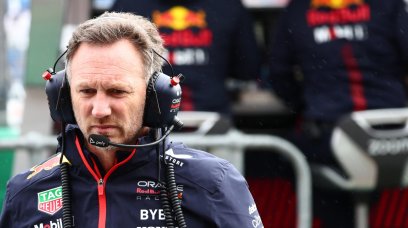
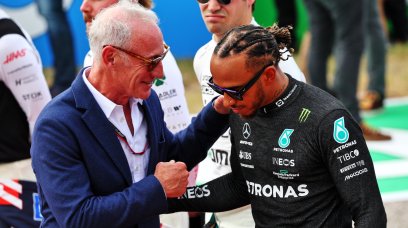

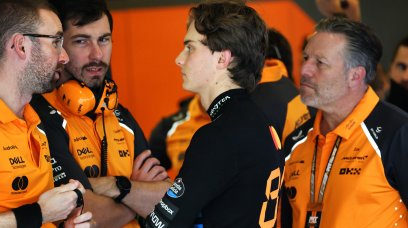

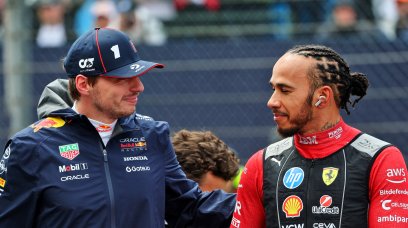
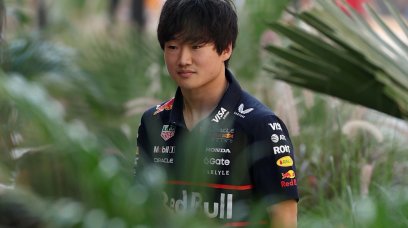
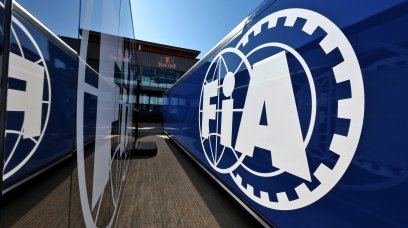
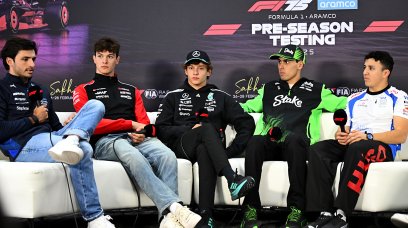
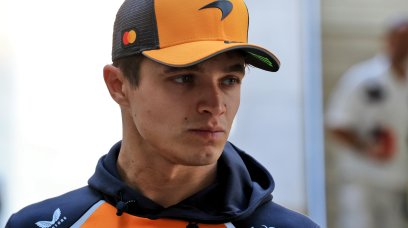
Join the conversation!